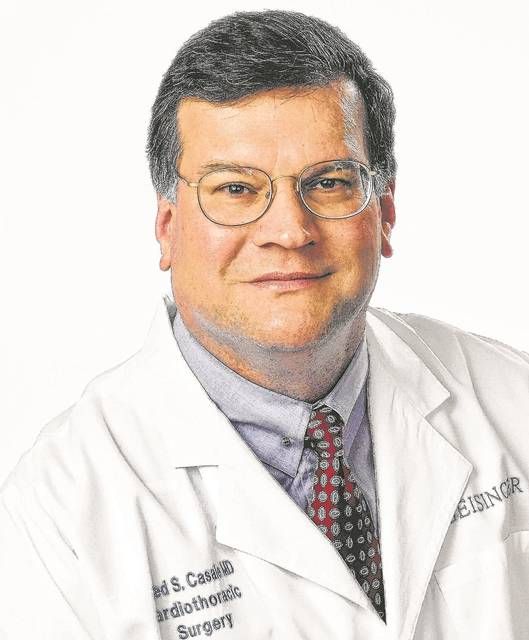Click here to subscribe today or Login.
There’s so much that’s hard about this Covid-19. Some annoying, like favorite restaurants being inaccessible … some critical, like staying home to minimize the chance of spreading this dangerous virus to those in our communities most likely to suffer severe complications.
With Easter coming up though, it’s important that we all agree that we MUST give up visiting family and friends to save lives.
Every day, it’s becoming clearer that physical distancing and isolation are our best defenses in the fight against COVID-19.
Physical distancing applies to everyone. Avoiding public scenarios and keeping at least six feet of distance between ourselves and others will help prevent transmission of the novel coronavirus. But if you’ve tested positive, are waiting for your test results, or suspect you may have COVID-19 and are waiting to be tested, self-isolation is a must.
For many people, COVID-19 will cause mild symptoms, and recovery will happen at home. But whether you have a confirmed diagnosis or symptoms that could be indicative of the virus, self-isolation will be important for your health and the health of the people around you.
At this time, if you do not have symptoms of respiratory illness, you will likely not be tested for COVID-19. The Centers for Disease Control and Prevention has issued strict guidelines for COVID-19 testing, and providers are expected to prioritize patients who:
• experience COVID-19 symptoms, such as a fever of 100.4° F or higher, shortness of breath, or a new cough
• and have been in close contact with someone who is suspected to have COVID-19 or have had a laboratory-confirmed positive test.
Guidelines for self-isolation
Whether you know you have COVID-19 or simply have cold- or flu-like symptoms, you should self-isolate properly by only leaving your home to seek medical care, and then, wear a mask at all times when you’re out of the house. Inside the home, those who are sick should stay in a single room, away from others, using a separate bedroom and bathroom, if available.
It’s important to note that self-isolation differs from self-quarantine, because self-isolation involves staying distant from even the other members of your household. Self-quarantine involves staying home and away from public places but does not require physical separation from family members and roommates. Isolate if you are sick; quarantine if you’ve been exposed and MAY be infected.
Household items, such as dishes, utensils, towels and bedding should not be shared and should be washed between uses. “High-touch” surfaces, like phones, keyboards, tablets, counters, tables, doorknobs and bathroom fixtures, should be cleaned daily.
Frequent and thorough handwashing cannot be stressed enough. Hands should be washed with soap and water for at least 20 seconds. As an alternative, alcohol-based hand sanitizer containing between 60 and 95 percent alcohol, can be used, but the hands must be covered and then rubbed together until they feel dry. Soap and water should be the standard if hands are visibly dirty.
Avoid touching your face with your hands, and if you need to cough or sneeze, please cover your mouth or nose with a tissue or the inside of your bent elbow. Following a coughing or sneezing episode, wash your hands again.
Finally, communication is important during self-isolation. Tell anyone with whom you come in contact that you think you have COVID-19. This will allow them to monitor their health for respiratory symptoms while following these guidelines to prevent any further spread of the virus.
Monitor your health
Among those riding out COVID-19 at home, the majority will need only self-care and will likely experience relief of symptoms over time. But, if symptoms worsen, become severe or result in difficulty breathing, you should get to the nearest hospital emergency department.
Symptoms requiring emergency care include:
• Difficulty breathing or shortness of breath
• Persistent pain or pressure in the chest
• Bluish lips or skin
• Sudden confusion or inability to awaken
Anyone experiencing these symptoms should call 911.
We will get through this … the more compulsive we are about following this advice the shorter the time, the less severe the pandemic, the fewer will get sick … and the fewer will die.
Dr. Alfred Casale, a cardiothoracic surgeon, is chief medical officer for surgical services for Geisinger and chair of the Geisinger Heart Institute. Readers may write to him via [email protected]. For information on alternative treatment for atrial fibrillation, visit https://geisinger.cc/2wLkTJz








